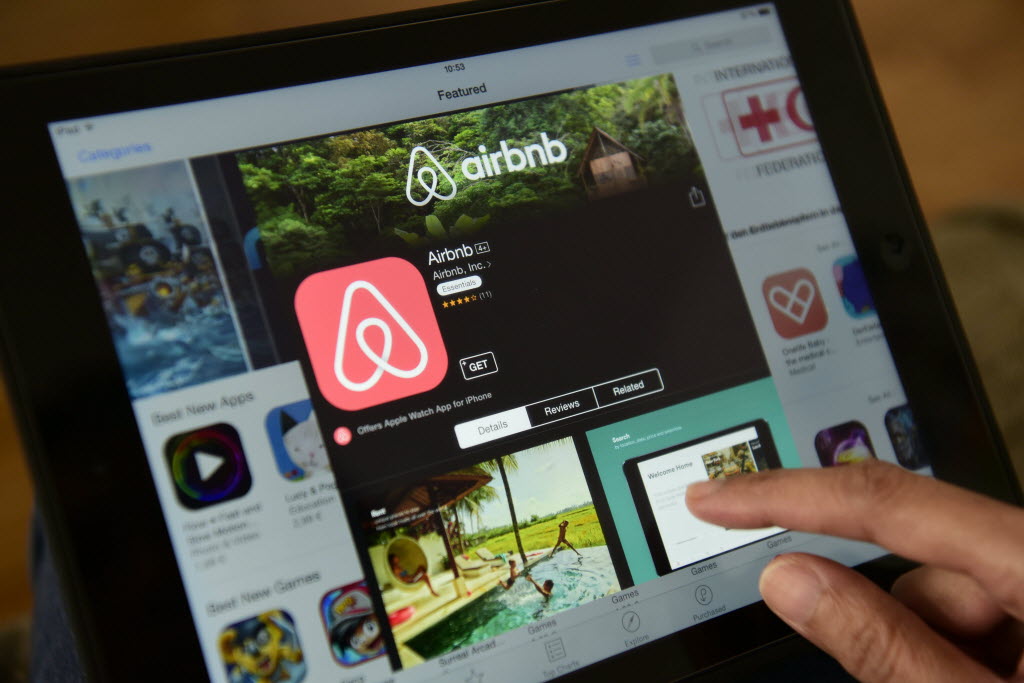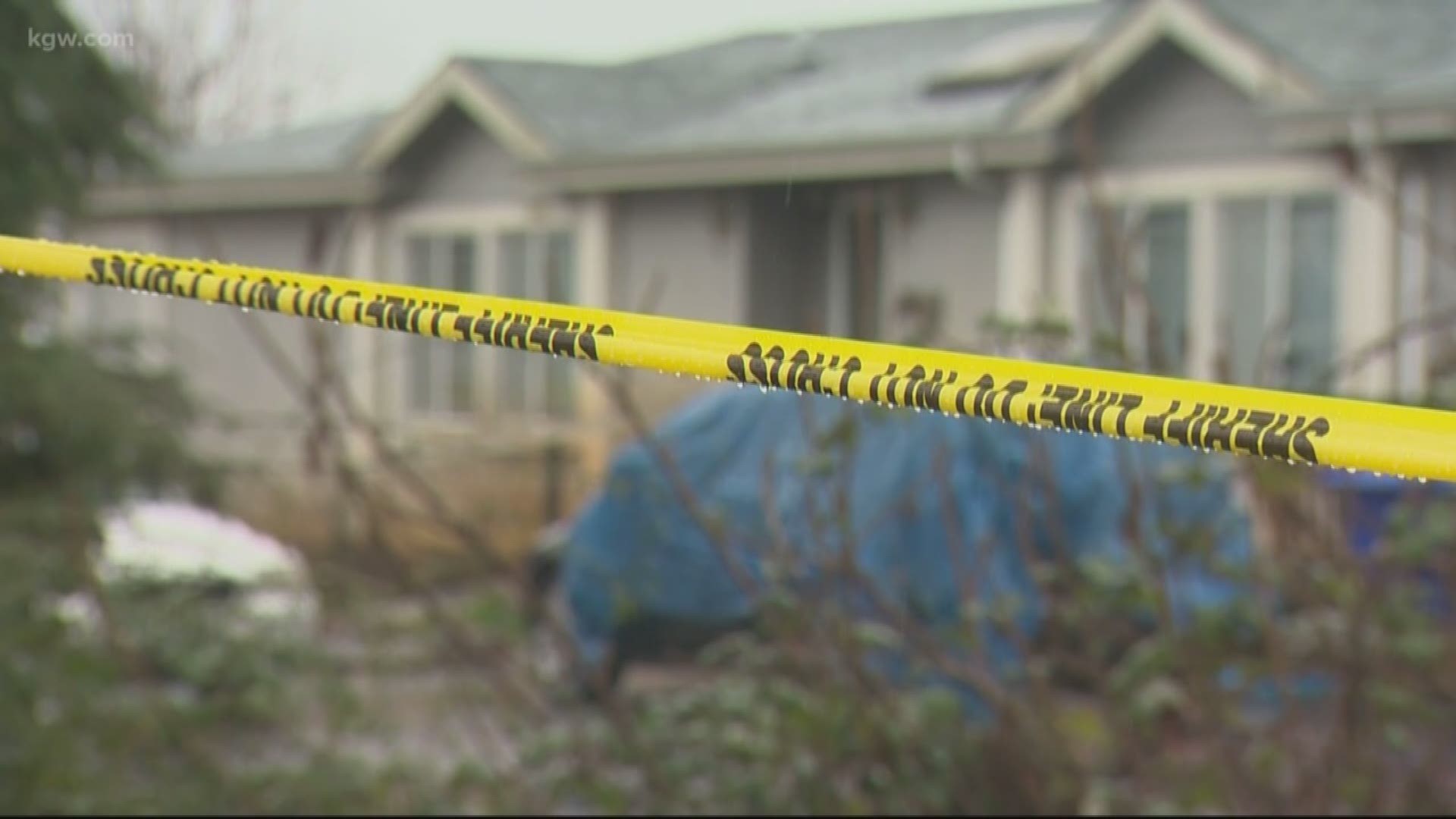SAN FRANCISCO — Facing growing complaints of racial bias, Airbnb is scheduled to meet with civil rights leaders in Washington, D.C., this week, to seek ideas on how the popular home-sharing service can combat discrimination.
The invitation-only, off-the-record meeting is being convened by Chris Lehane, Airbnb's head of global policy, and Laura Murphy, the civil rights advocate tapped by Airbnb to lead a comprehensive review with the goal of eliminating bias when hosts rent their homes to guests. Among the attendees are Marc Morial, CEO of the National Urban League, and Wade Henderson, president and CEO of The Leadership Conference on Civil and Human Rights.
With Thursday's meeting, Airbnb officials are looking for input on steps the company can take "to move towards our shared goals of a more fair, just and inclusive society," according to the invitation sent by Murphy and obtained by USA TODAY.
In an emailed statement, spokesman Nick Papas said Airbnb was looking forward to a "productive conversation."
"We don't have all the answers and we want to listen to everyone who shares our commitment to fighting bias and discrimination," Papas said.
Mounting reports of discrimination against African Americans, transgender people and other minority groups have turned up the heat on Airbnb. Airbnb upended the hospitality industry by giving people the power to rent their homes and pick their guests over the Internet. In the process, it unwittingly enabled people to act on their biases, critics say.
CEO Brian Chesky has owned up to the problem. This week during an interview at global advertising conference, the Cannes Lions International Festival of Creativity, he pledged Airbnb would jettison hosts found to be racist or homophobic. At his company's OpenAir conference earlier this month, he said Airbnb was scrutinizing the design of the service "from end to end" to make it more inclusive. Airbnb says it expects to announce findings from the review in early September.
"There's been a lot of news about prejudice and bias on our platform, and this is a huge issue for us," Chesky said. "We have zero tolerance for it and we will take swift action."
"Airbnb wants to make sure that it treats everyone, including African American travelers, fairly and with dignity and respect," according to the invitation to Thursday's meeting.
A Harvard Business School study last year found widespread discrimination by Airbnb hosts. Users have protested the discrimination under the hashtag #AirbnbWhileBlack. Earlier this month, Airbnb removed a host for using racial epithets against a 28-year-old Nigerian woman trying to book a stay in a North Carolina home. Hollywood producer Shadi Petosky says she was turned away by a host who said she felt "uncomfortable" after Petosky disclosed she is a trans woman.
Airbnb has three objectives for conversations with civil rights leaders, housing advocates, technology experts and the Airbnb community: identify and fix structural problems with the platform, develop processes to quickly identify racial discrimination and deal with it decisively and build relationships with diverse groups in the travel industry, civil rights and elsewhere.
"Discrimination in the sharing economy is not going away anytime soon, and if Airbnb wants to be in the forefront of tackling this problem it will be mutually beneficial to be a part of a sustained dialogue with individuals and organizations," Murphy wrote in an opinion piece for Afro.
The issue has been taken up by some Washington lawmakers. Last week the Congressional Black Caucus urged Airbnb in a letter to Chesky to move aggressively to root out racism.
"Racism and any form of discrimination should never be tolerated in our society," Congressional Black Caucus Chairman G.K. Butterfield, D-North Carolina said in a statement. "Members of the CBC are deeply concerned about recent reports of exclusion of African Americans on the Airbnb platform, and we sincerely hope the leadership of Airbnb will take the issue of discrimination seriously and implement common sense measures to prevent such discrimination and ill-treatment of its customers in the future."
Follow USA TODAY senior technology writer Jessica Guynn @jguynn


![636021335937326250-Airbnb.JPG [image : 86211274]](http://www.gannett-cdn.com/media/2016/06/21/USATODAY/USATODAY/636021335937326250-Airbnb.JPG)

